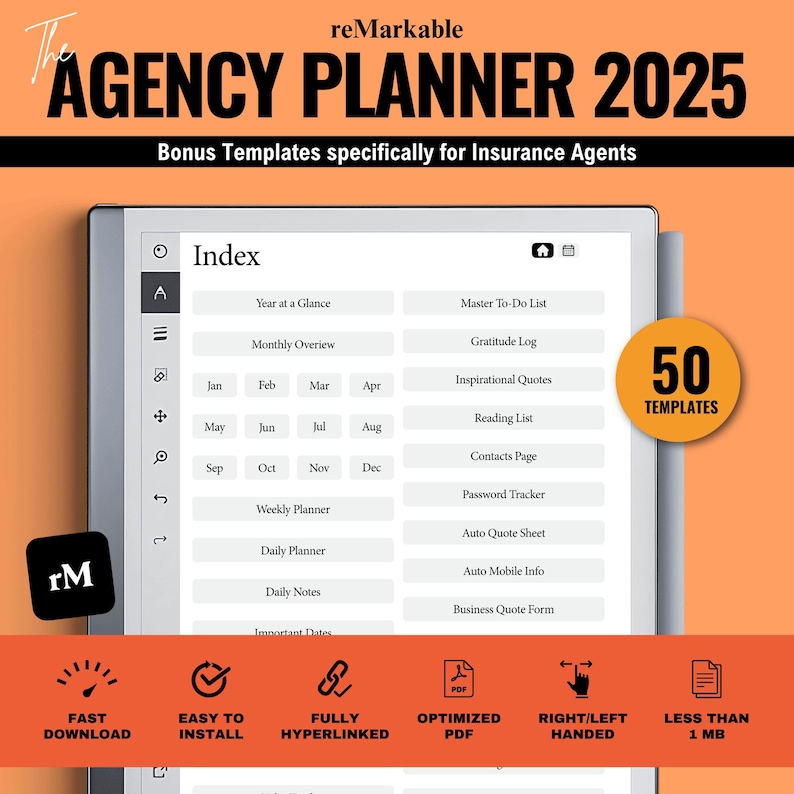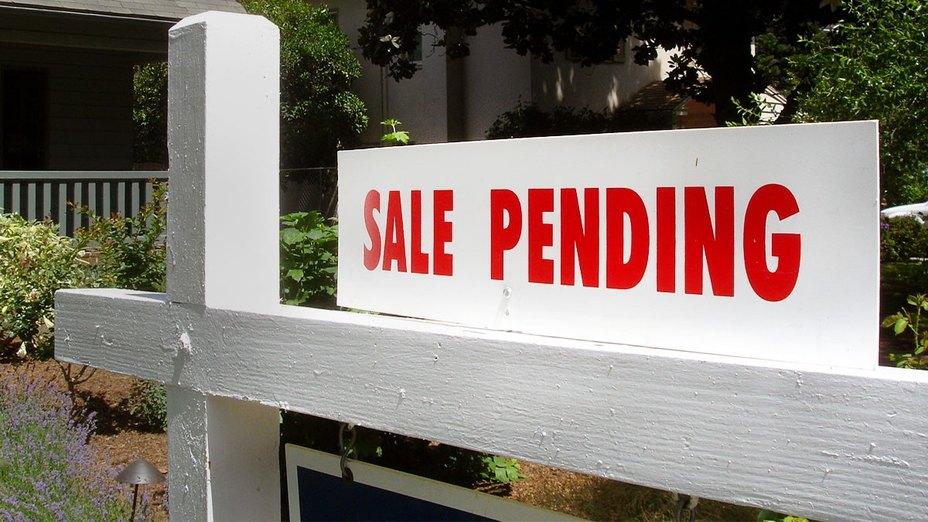When a property is waiting to be sold or is going through the probate process, it often sits in a state of uncertainty—unused, unoccupied, and vulnerable. During this transitional period, ensuring that the property is properly insured is not just a formality but a critical step to protect a valuable asset from unexpected risks such as damage, theft, or liability claims. In this article, we’ll explore essential insurance tips tailored for properties in sale or probate limbo, helping owners, executors, and heirs safeguard their interests and avoid costly pitfalls. Whether you’re handling the paperwork yourself or working with professionals, understanding these insurance nuances can provide peace of mind during what is often a complex and emotional process.
Table of Contents
- Understanding the Importance of Insurance During the Waiting Period
- Assessing Coverage Needs for Properties in Probate or Sale
- Protecting Against Common Risks and Liability Issues
- Choosing the Right Insurance Policy for Transitional Property Ownership
- The Way Forward
Understanding the Importance of Insurance During the Waiting Period
Properties that are in transition—whether waiting to be sold or undergoing probate—are uniquely vulnerable. During this interim, the risk of damages, theft, or liability claims doesn’t pause simply because ownership status is uncertain. Maintaining adequate coverage is essential to protect the financial interests of all parties involved. Without insurance, any unexpected incident can translate into costly repairs or legal challenges, complicating the sale process and potentially diminishing the property’s market value.
Key considerations during this period include:
- Continuous coverage: Make sure the policy stays active to avoid gaps that could leave the property exposed.
- Liability protection: This is crucial if the property remains accessible to visitors, contractors, or potential buyers.
- Adjustments and endorsements: Policies may need specific clauses to cover vacant or unoccupied properties adequately.
Approaching this phase with a clear insurance strategy not only safeguards the property itself but also provides peace of mind for sellers, heirs, and estate representatives. Taking proactive steps ensures that the property is shielded during uncertain times, paving the way for a smoother, more secure transaction once the sale or probate concludes.
Assessing Coverage Needs for Properties in Probate or Sale
When dealing with properties caught in probate or pending sale, understanding the specific coverage requirements is critical to safeguarding your financial interests. These properties often remain vacant for extended periods, which can void typical homeowner’s insurance policies and expose the property to risks such as vandalism, theft, fire, or natural disasters. It’s essential to evaluate the current state of the property and consider specialized policies like vacant property insurance or an extended dwelling coverage that compensate for these unique exposures. Consulting with an insurance professional who understands probate complexities can ensure that gaps in protection are minimized as ownership transitions.
Several key factors should influence your coverage decisions at this stage, including:
- Duration of vacancy: Longer vacancies typically increase risk and thus pricing for coverage.
- Property condition: Older or poorly maintained properties require enhanced liability and structural coverage.
- Local risk environment: Neighborhood crime rates, weather patterns, and zoning regulations all impact insurance needs.
- Potential for damage during sale process: Protecting against losses caused by inspections, appraisals, or repairs.
By thoroughly analyzing these elements, you can tailor an insurance strategy that preserves the estate’s value and avoids financial surprises during one of the most sensitive periods of property ownership change.
Protecting Against Common Risks and Liability Issues
When managing properties that are in limbo before sale or probate, it’s crucial to address the inherent risks that can lead to costly liability. Properties left unattended can become hotspots for accidents, theft, or vandalism, opening owners up to potential lawsuits. To safeguard your interests, ensure that your insurance policy clearly covers premises liability, protecting against injuries to visitors or trespassers. Additionally, consider adding endorsements for vacant property coverage that extend protection if a home remains empty for an extended period, as standard policies often exclude such scenarios.
Aside from property damage and injury claims, liability risks can also stem from disputes related to the property’s ownership or condition. It’s wise to consult with your insurer about options like errors and omissions coverage or title insurance that may address these less obvious threats. Regular maintenance and security measures, such as installing monitored alarms or fencing, not only reduce risks but also demonstrate due diligence, which can be vital in case of any claims. Keeping thorough documentation of upkeep and inspections further strengthens your position against liability issues.
- Confirm vacancy clauses and endorsements in your policy
- Maintain active liability coverage during transitional ownership
- Implement security measures to deter trespassers and vandals
- Document all maintenance and inspections systematically
- Explore specialty coverages related to probate and ownership disputes
Choosing the Right Insurance Policy for Transitional Property Ownership
When holding a property during transitional phases such as probate or pending sale, selecting an insurance policy that aligns with its unique status is crucial. Standard homeowner’s insurance may not adequately cover the risks during this period, leaving the property vulnerable to unforeseen damages or liabilities. Consider policies specifically designed for vacant or transitional properties, which recognize the increased risks of vandalism, theft, or structural deterioration. Look for coverage that includes liability protection, vandalism, and damage caused by weather events. Collaborate closely with an insurance agent who understands the nuances of property held in probate or awaiting transfer, ensuring that the policy limits and terms reflect the property’s current condition and usage.
Additionally, transparency is key when dealing with insurers in these situations. Clearly communicate the property’s status, anticipated timeframe in transition, and any ongoing maintenance or security measures you’ve implemented. To help guide your policy choice, keep in mind these essential factors:
- Whether the property is occupied, vacant, or under renovation
- The potential for increased risk due to lack of regular upkeep
- Legal requirements during probate or estate management
By addressing these elements upfront, you can secure a policy that not only safeguards the property but also provides peace of mind during an inherently uncertain process.
The Way Forward
Navigating the insurance landscape for properties awaiting sale or probate can be complex, but it’s crucial for protecting your investment during this vulnerable period. From understanding coverage gaps to ensuring liability protection, taking proactive steps now can save you significant stress and financial loss down the line. Keep these essential insurance tips in mind to safeguard your property until ownership is fully transferred, giving you peace of mind during what is often a challenging transition. Remember, thorough preparation today paves the way for a smoother sale or probate process tomorrow.






